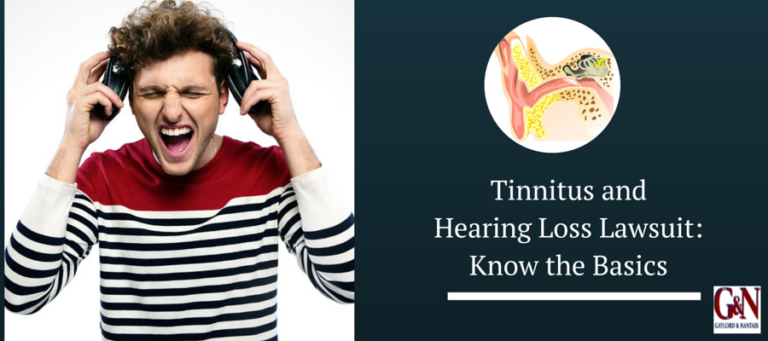What Is Tinnitus?
Tinnitus is the result of damage to the small hairs within the inner ear. These delicate cilia are unable to recognize silence and send signals that cause the brain to “hear” sounds that are not really there. The noises created by the cilia include, but are not limited to screeching, roaring, crickets, buzzing, ocean waves and dial tones. The intensity of certain noises can lead to discomfort and pain if they continue for long periods of time.
Symptoms and Signs of Tinnitus
Individuals diagnosed with tinnitus can hear any or all of the above sounds. Sounds can be “heard” in varying degrees of loudness and intensity. The sounds can remain constant or be intermittent. If the tinnitus becomes too severe, it can affect sleep patterns and concentration, preventing people from getting enough rest and causing unhealthy levels of stress. If the condition is left untreated depression, anxiety, fatigue and irritability can present themselves as unbearable side effects.
Can you get disability for hearing loss and tinnitus?
If somebody else’s negligence was responsible for your tinnitus, you can make a compensation claim. Workers can claim compensation for tinnitus caused by:
- Exposure to loud noises at work over a long period of time
- If they’ve experienced an unexpected loud noise due to a car accident
- If their hearing equipment is faulty or they have inadequate hearing protection at work.
How do you fail a hearing test for tinnitus?
The SSA will consider the extent to which your hearing loss has affected your capacity to communicate, follow instructions, and do various jobs. You’ll then be assigned an “RFC,” an abbreviation for residual functional capacity, which a type of rating of the type of work you can do. In your RFC, the SSA will also include restrictions which are related to your hearing loss regarding the work you can do.
If you are considered as having failed the SSA’s disability listing for profound hearing loss, you still might be able to get disability if you can show that there are no jobs you can do with your amount of hearing loss
What is the average payout for tinnitus?
The average payout for a tinnitus claim will vary depending on the type of accident that caused the injury. Auto accidents, for example, will be anywhere from $50,000 to $250,000 for a tinnitus or hearing loss claim. If you have a malpractice claim or one that stems from product liability, your payout may be considerably higher. Workers’ compensation cases, on the other hand, may have lower payouts. Several other factors also affect your payout, such as whether your condition is permanent and what percentage of your hearing has actually been affected.
Can I sue others for getting tinnitus?
Yes, you can sue others for getting tinnitus, provided your injury was the direct result of that person’s negligence. However, to prove your claim, you will need a valid medical report linking your tinnitus to the defendant’s negligence.
How do I win a tinnitus or hearing loss claim?
Winning a tinnitus or hearing loss claim will be contingent on how well you are able to prove your case. The best way to prove the impact of the accident on your day-to-day life is to obtain an accurate and reliable medical diagnosis. You will need to provide accurate documentation from any witnesses or other workers who have experienced similar injuries. The next step is to hire an attorney like our experts at Gaylord & Nantais, who has the experience and knowledge to negotiate a settlement package that will provide you with the compensation you deserve.
Tinnitus Personal Injury Lawsuits
Because tinnitus is an invisible disability, it needs to be handled very carefully. Filing tinnitus lawsuits as workers’ compensation claims is the best option. Great attention to detail is needed as well as extensive documentation and medical support for the claim. A personal injury attorney should be consulted if you feel as if your hearing loss or tinnitus symptoms are the results of a serious injury.











